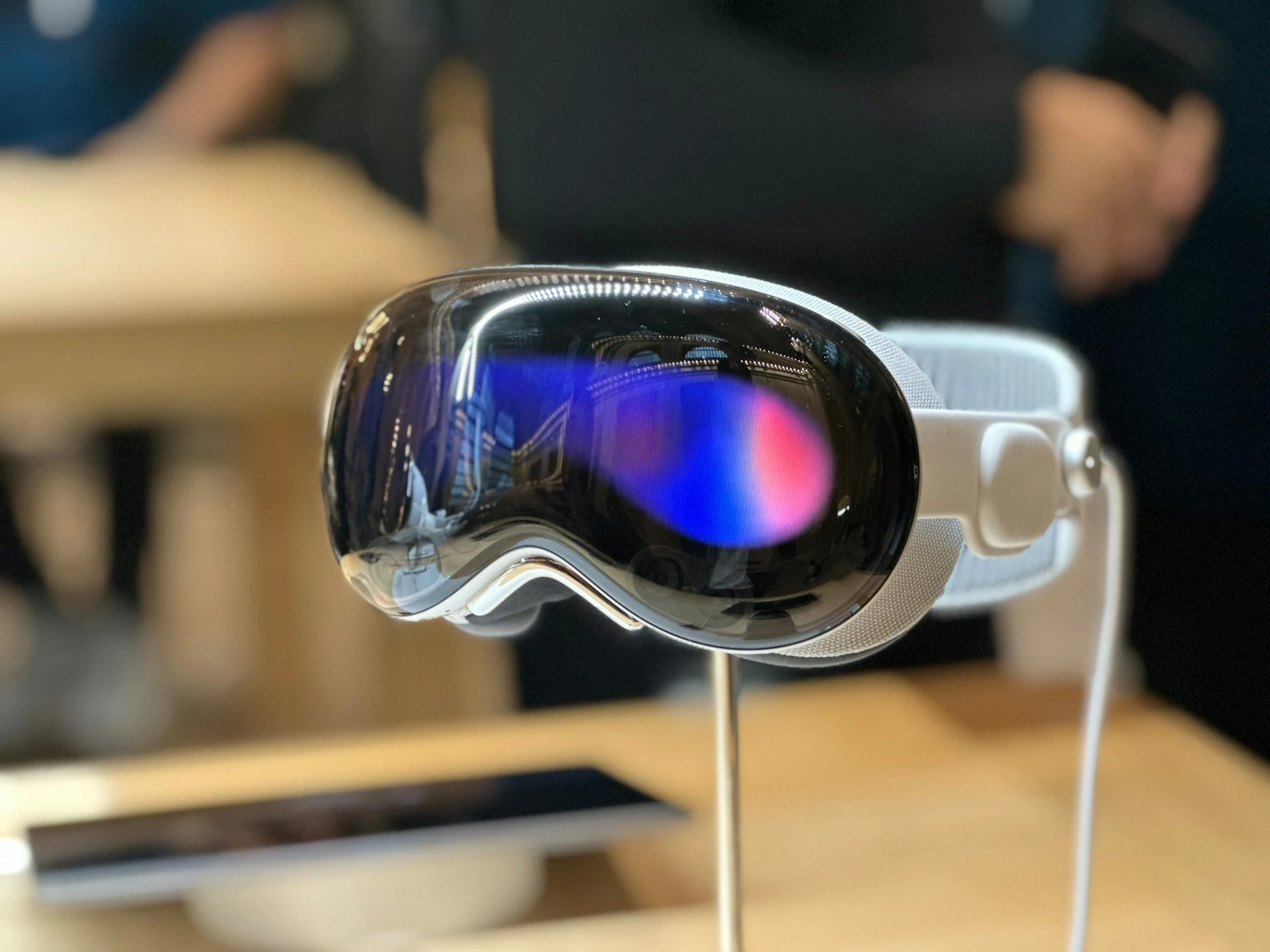Apple has shared details about how the Apple Vision Pro headset protects user privacy. The company has worked on privacy for years and got over 5,000 patents with privacy in mind. Now, they have an "Apple Vision Pro Privacy Overview" that talks about how they keep user information safe.
The document says Apple Vision Pro follows Apple's privacy rules, like those for iPhone apps. But it also has new privacy features for the unique abilities of the headset. For example, it can now include information about where you move your head and hands, and what's around you, in its privacy labels on the App Store.
Apple Vision Pro can see much more about your surroundings than an iPhone because it has many cameras, microphones, and gyroscopes. But Apple makes sure this data stays private. It stores details about your environment only on the device, not anywhere else.
Also, even though the headset knows where you're looking, it doesn't share this with apps. This is because what you look at can give away your thoughts. The system just tells an app to start without saying what caught your eye. Apps only know what you choose by a tap, not everything you see.
Apple also explained how you can let someone else use your headset without them seeing your private information.
"Privacy is more than a design principle, it is who we are. As you have seen, spatial computing is incredibly personal. Apple Vision Pro, powered by visionOS, features groundbreaking privacy protections to make it possible for you to have peace of mind while seamlessly interacting with digital content." Concluded Apple in the document. Adding further, "From protecting where you look to storing Optic ID data on-device, Apple Vision Pro protects your information. As we continue to explore what’s possible with spatial computing, our work to bring privacy to life is not and never will be finished."
Photo: unsplash / @romasha
Read next: Year of the clam: Americans are clamping down on data sharing
The document says Apple Vision Pro follows Apple's privacy rules, like those for iPhone apps. But it also has new privacy features for the unique abilities of the headset. For example, it can now include information about where you move your head and hands, and what's around you, in its privacy labels on the App Store.
Apple Vision Pro can see much more about your surroundings than an iPhone because it has many cameras, microphones, and gyroscopes. But Apple makes sure this data stays private. It stores details about your environment only on the device, not anywhere else.
Also, even though the headset knows where you're looking, it doesn't share this with apps. This is because what you look at can give away your thoughts. The system just tells an app to start without saying what caught your eye. Apps only know what you choose by a tap, not everything you see.
Apple also explained how you can let someone else use your headset without them seeing your private information.
"Privacy is more than a design principle, it is who we are. As you have seen, spatial computing is incredibly personal. Apple Vision Pro, powered by visionOS, features groundbreaking privacy protections to make it possible for you to have peace of mind while seamlessly interacting with digital content." Concluded Apple in the document. Adding further, "From protecting where you look to storing Optic ID data on-device, Apple Vision Pro protects your information. As we continue to explore what’s possible with spatial computing, our work to bring privacy to life is not and never will be finished."
Photo: unsplash / @romasha
Read next: Year of the clam: Americans are clamping down on data sharing

